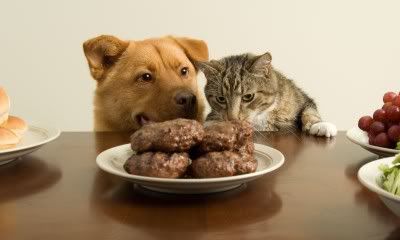Dog afraid of fireworks? I just wrote a post to help a dog scared of fireworks and I’ve written about it before. So you may want to check out some of my former posts or press release information such as:
This pet dog behavior problem is actually a noise phobia that also presents as fear of other noises such as thunder fear or gunshots.
However, several times each year it is a hot topic–and so I thought I would share some link love.
Contrary to popular belief, dogs are not the only animals that are fearful of fireworks.
Horses and cats also can have problems but they don’t get the attention that the canine clan does.
Online pal and colleague Amy Shojai has also presented some great tips so check out her informative info:
- Understanding Your Scaredy Cat
- 10 Tips to Prevent Pet Fireworks Fears
- Fireworks Fears in Pets (Video)
Horse Fireworks Fear
It is hard to drum up good information on horse fireworks fear but here are a few articles you may find useful:
- Keeping Horses Safe around Fireworks
- Horse Safety During Fireworks Season
- EquiSearch Fear of Fireworks
Do you have any resources to share? Feel free to leave a comment or if they are closed, connect at my Facebook community. I have a publication coming out on this topic soon so please join my email list so you don’t miss it!
Photo Credit: Photobunny Earl



